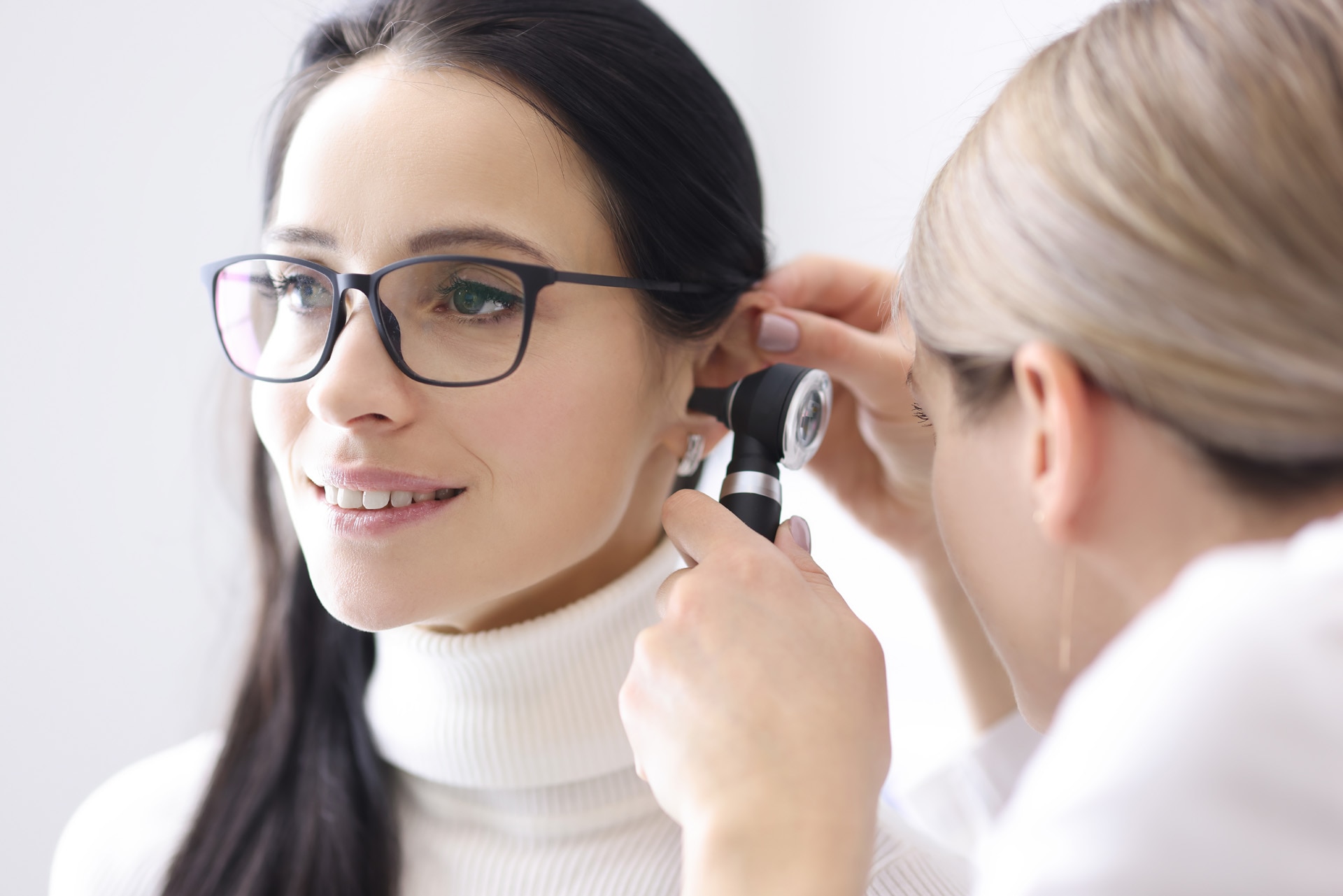Here are a few considerations before purchasing a hearing aid.
- Visiting a hearing care professional for the first time might be new to you. Ask your friends who wear hearing aids which clinic they visit or take a look at reviews online of hearing care professionals.
- Check to see if the hearing aid includes a warranty and if the hearing care professional offers a trial period. The warranty should cover parts and labor for a specified period. Some offices may include office visits or professional services in the warranty. Trial periods help you get comfortable.
Considerations for the future include upgrades, increased connectivity, improved power and available accessories.
Make sure you read some product reviews, not just of the individual model you prefer, but also of the entire brand line.









